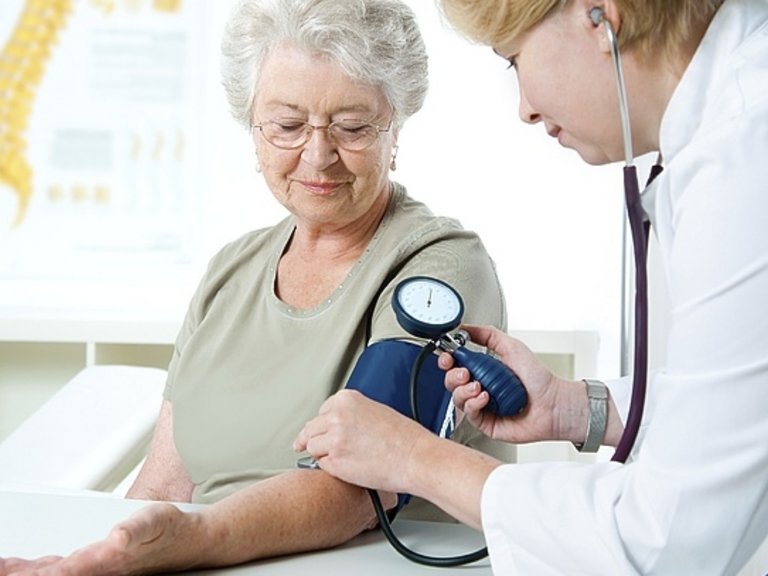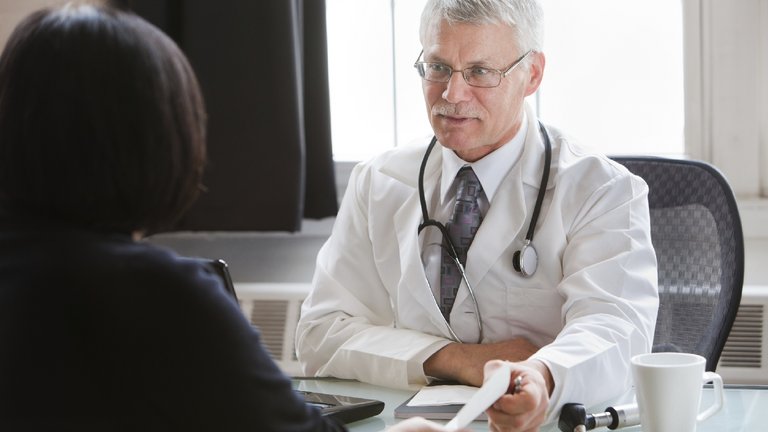Stage 1 CKD
At stage 1 CKD, the glomerular filtration rate (GFR) is at a normal or increased level of 90 ml/min and above. Stage 1 is the mildest form of CKD and may pass by undetected because those affected do not experience any signs or symptoms.
Stage 2 CKD
A person with stage 2 CKD has kidney damage that causes a mild decrease in their glomerular filtration rate (GFR) to a level of 60-89 ml/min. Even at this stage, there are usually no symptoms to indicate that the kidneys are damaged.
Stage 3a CKD
A person with stage 3 CKD has moderate kidney damage. Stage 3 CKD is divided into stage 3a and stage 3b. In stage 3a, the glomerular filtration rate (GFR) is decreased to a level of 45-59 ml/min. Even at this stage, the patient often does not experience any symptoms that indicate that the kidneys are damaged.


